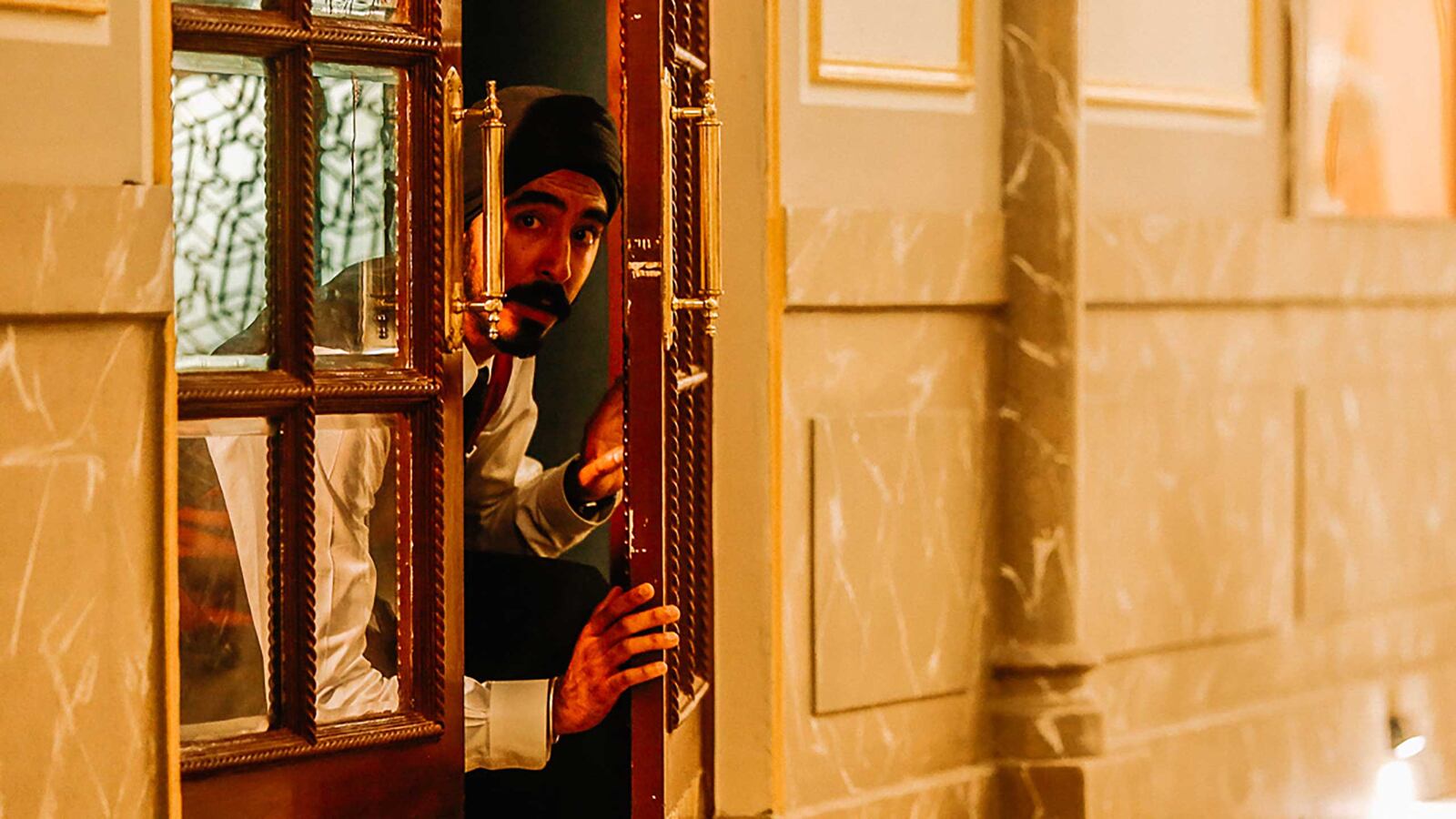TORONTO, Canada—Any major catastrophe is, almost like clockwork, destined to become fodder for a major motion picture. At the world premiere of Australian director Anthony Maras’s Hotel Mumbai at the Toronto International Film Festival, it became apparent that there’s no reason why a ghastly massacre can’t spawn a crowd-pleasing film. Star Dev Patel termed the movie an “anthem of resilience” and Maras proclaimed that the film’s humanist message—which emphasizes how survivors of trauma can overcome adversity—exemplifies a counterweight to the intolerance flourishing “south of the border,” i.e. in the United States.
Hotel Mumbai chronicles the most notorious of the interconnected terrorist outbreaks that plagued Mumbai in November 2008—the slaughter of guests and staff at the opulent Taj Mahal Hotel by members of Lashkar-e-Taiba, an Islamic fundamentalist sect rumored to be funded by Pakistan’s intelligence agency, the ISI. Employing a gruesome variant of the Grand Hotel template, Maras’s recreation of the massacre accompanies the carnage with a number of melodramatic mini-narratives and features heartfelt performances by an array of attractive stars.
While the film’s general release will doubtless set off another debate about the advisability of depicting terrorist violence on screen (at the Berlin Film Festival earlier this year, Erik Poppe’s docudrama inspired by Anders Breivik’s slaughter of teenaged socialists in Norway—U: July 22—enraged some critics and intrigued others; Paul Greengrass’s treatment of the same terrorist event, 22 July, premieres this week at TIFF), Hotel Mumbai is, humanist platitudes notwithstanding, a fairly schematic thriller.
Despite the meticulous, and inevitably cringe-inducing, re-enactment of a massacre in which both humble employees and filthy-rich guests were gunned down like clay pigeons, it’s difficult to empathize with the flimsily-drawn characters, supposedly inspired by interviews with the massacre’s survivors, most of whom are either one-dimensional heroes or villains. The well-heeled American visitor David (Armie Hammer) and his lovely wife Zahra (Nazanin Boniadi) barely register as human beings; they are merely noble, but supremely glamorous, victims. Sally (Tilda Cobham-Hervey), their valiant nanny with the responsibility of caring for a newborn child, is an even more forgettable supporting character. Vasili (Jason Isaacs), a wealthy, hedonistic Russian, seems to merely function as evidence that not all of the foreigners caught in the crossfire were saintly humanitarians.
There’s a smidgen more humor and nuance on display in the relationship between Patel’s Arjun, a Sikh waiter and devoted family man, and his boss Hemant Oberoi (played with considerable dignity by longtime Bollywood actor Anupam Kher), the hotel’s head chef. Perhaps because the initial tension, and eventual rapport, between these two men seems rooted in Indian class tensions (the real-life Oberoi was in the audience at TIFF and hailed as a hero), these characterizations come off as somewhat less wooden.
In the final analysis, there’s something more than a little myopic about Maras’s promotion of Hotel Mumbai as supremely life-affirming—primarily because contemporary India, under the autocratic hand of Prime Minister Narendra Modi, is increasingly a society in which religious conflicts have become inflamed by the actions of the Hindu majority. In the aftermath of the Mumbai massacres, Pankaj Mishra observed that “the Indian elite’s obsession with the ‘foreign hand’ obscures the fact that the roots of some of the violence lie in the previous two decades of traumatic political and economic change, particularly the rise of Hindu nationalism, and the related growth of ruthlessness towards those left behind by India’s expanding economy.”
As long as India remains riven by inequality and Islamophobia, the horrific possibility of internecine violence that might rival, or even surpass, the brutality of the Mumbai killings looms large.






